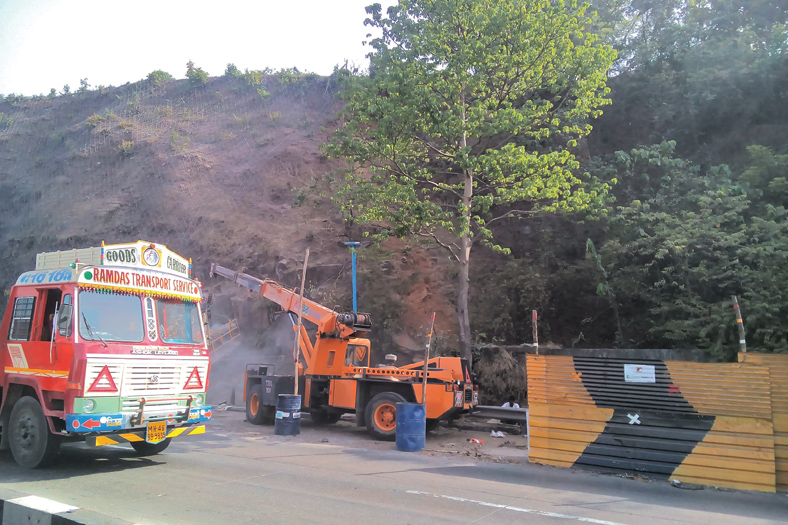Land Acquisition Bill: good, bad, ugly
Land Acquisition Bill: good, bad, ugly
The Lower House as well Upper House of Parliament have approved the new Land Acquisition Bill in order to protect farmers and rights of farmers
The Lower House of Parliament has approved land reforms on August 29 to boost farmers’ rights; however, some believe that the new law will thwart efforts to revive the floundering economy.
According to the government, the bill will help speed up industrial investment by making the rules clearer. As the rupee is free-falling, the government is desperate to promote economic growth.
Finance Minister P. Chidambaram told reporters, “We believe that the land bill strikes a fair balance. Land has to be made available, but while land is being either purchased or acquired to make land available for industry, we must also keep in mind that those who are deprived of land are in most cases deprived of the only asset they have.”
The good vibesThe newly revised Land Acquisition Bill will protect farmers and the rights of farmers. The bill is beneficial too. According to Mayank Saksena, Managing Director – Land Services, Jones Lang LaSalle India, “The scope of minimum required approval has been increased to 80 per cent of the affected families. This consent is mandatory only for private enterprises.”
Mr Saksena also mentioned, “The government’s role in land acquisition has been curtailed as far as private enterprises are concerned. These enterprises can now enter into their own negotiations and arrive at the price to be set for acquisition.”
Cause of concernMany believe this bill is just a vote winner for the governing United Progressive Alliance (UPA) coalition. Their reason is that it’ll give farmers up to four times the market rate for land bought for industry and infrastructure.
“The industry has serious concerns on some of the provisions of the Land Acquisition Bill passed by the Lok Sabha in the Parliament,” doubted S Gopalakrishnan, President, CII. “Cost of land acquisition is likely to increase by 3-3.5 times, making industrial projects unviable and raising costs in the overall Indian economy.”
Mr Gopalakrishnan added, “The bill would also lead to major delays in the process of land acquisition. Consent of 80 per cent of affected families for private sector and 70 per cent of affected families for public-private partnership (PPP) projects under ‘public purpose’ in the bill would make the process of obtaining consent a very long drawn out process.”
In a statement, the apex industry body ASSOCHAM said getting consent from 80 per cent of land-holders would be very difficult, if not impossible.
Even FICCI isn’t impressed with the bill at all. “With passage of bill, cost of land is not only go up significantly, even the process of acquiring land will get stretched by 4 – 5 years,” FICCI said in a release.
For developers, the cost of land is going to increase significantly, impacting their project costs and therefore margins. Mr Saksena emphasised, “Land valuations are already high and by further increasing them, land acquisition becomes even more difficult. Anyone without an existing land bank will now be looking at vastly increased entry costs.”
All four amendments have been passed by Upper House of Parliament, necessitating the bill to be reverted to the Lok Sabha for its consideration.
Cookie Consent
We use cookies to personalize your experience. By continuing to visit this website you agree to our Terms & Conditions, Privacy Policy and Cookie Policy.









